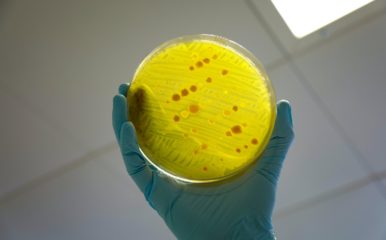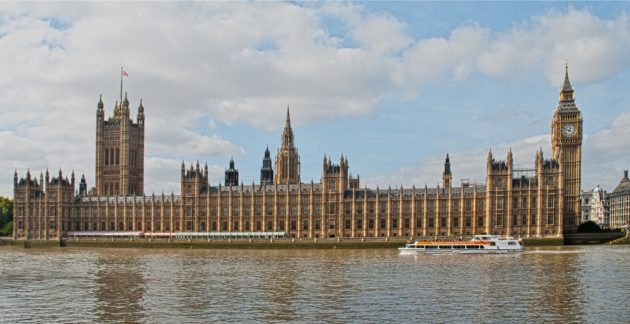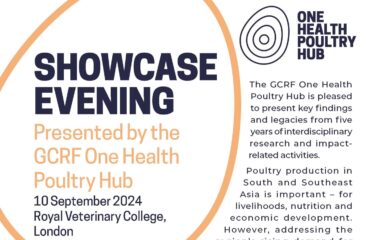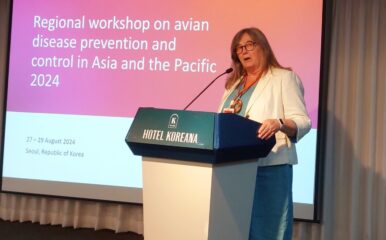
Parliament told pandemic prevention better than preparedness
Published on 21/06/2023

Berit Watkin CC 2.0
Professor Dirk Pfeiffer, Deputy Director of the One Health Poultry Hub, stressed the need to prioritise pandemic prevention over preparedness, and the importance of a One Health approach, when he spoke to UK policymakers.
Professor Pfeiffer was giving oral evidence on emerging diseases and learning from COVID-19 to the UK Parliament’s Science, Innovation and Technology Committee.
Disease prevention
Asked to give an example of the One Health approach and disease prevention he cited the One Health Poultry Hub.
“We talk about [pathogen] detection, but we also have to get to the root cause [of disease emergence]. … we are looking at the influence of the poultry production system on a whole range of pathogens … In the end, there is an impact on humans – they get sick – but the driver in the background is the behaviours and the practices of farmers in how the animals are being produced.
“It is not just the farmers; there is a whole production chain after that. There is a value chain. There are transporters and wet markets. There are a whole range of activities that need to be considered, and that requires a One Health approach. I am a veterinarian, so I look at particular animal pathogens, and then I realise that, actually, it is about what humans do, how they handle the animals, what they think is important and what is safe and what is not safe.”
Professor Andrew Cunningham, Deputy Director of Science at the Institute of Zoology, UK, also giving evidence, told the committee: “The COVID-19 pandemic has really brought to the fore the importance of not thinking of human beings as separate but, as Professor Pfeiffer said, as a part of the ecosystem … I completely agree with Professor Pfeiffer that we should be looking far more at prevention. Yes, preparedness and response and being ready for these things is really important, but rather than just waiting for the next thing to happen why don’t we try to stop it happening in the first place? This has not been in the consciousness before. I think that is going be the main lesson to learn from the COVID-19 pandemic.”
Risk governance
Professor Pfeiffer said Bangladesh, where there is a One Health Secretariat which meets on a regular basis and takes information from different sources to inform decision making, might be a good example of One Health in action. “Nothing is perfect, of course, but this is a good start … The science is one thing, but let us also look at how policymakers work.”
Professor Pfeiffer explained that as part of Hub work, researchers were talking to government departments in the countries where the Hub works. He added that One Health governance needs to be adapted to the political system of a country.
“You cannot generalise. It needs to be evaluated by specialists in that field … The Secretariat from Bangladesh is one example. I am pretty sure that in Vietnam one would have to use a different approach, and I would not know what that is. That requires policy experts who have experience with these political systems to define or come up with ideas of what would be suitable there.”
He added though that there was also a need for One Health risk governance at a global level.
“We have the Security Council. Why don’t we have something like a One Health risk governance council? … This [COVID-19] situation demonstrated that we are all in the same boat … In some ways, this was probably just a trial run. The next thing might be much more complex and much more dangerous. “


